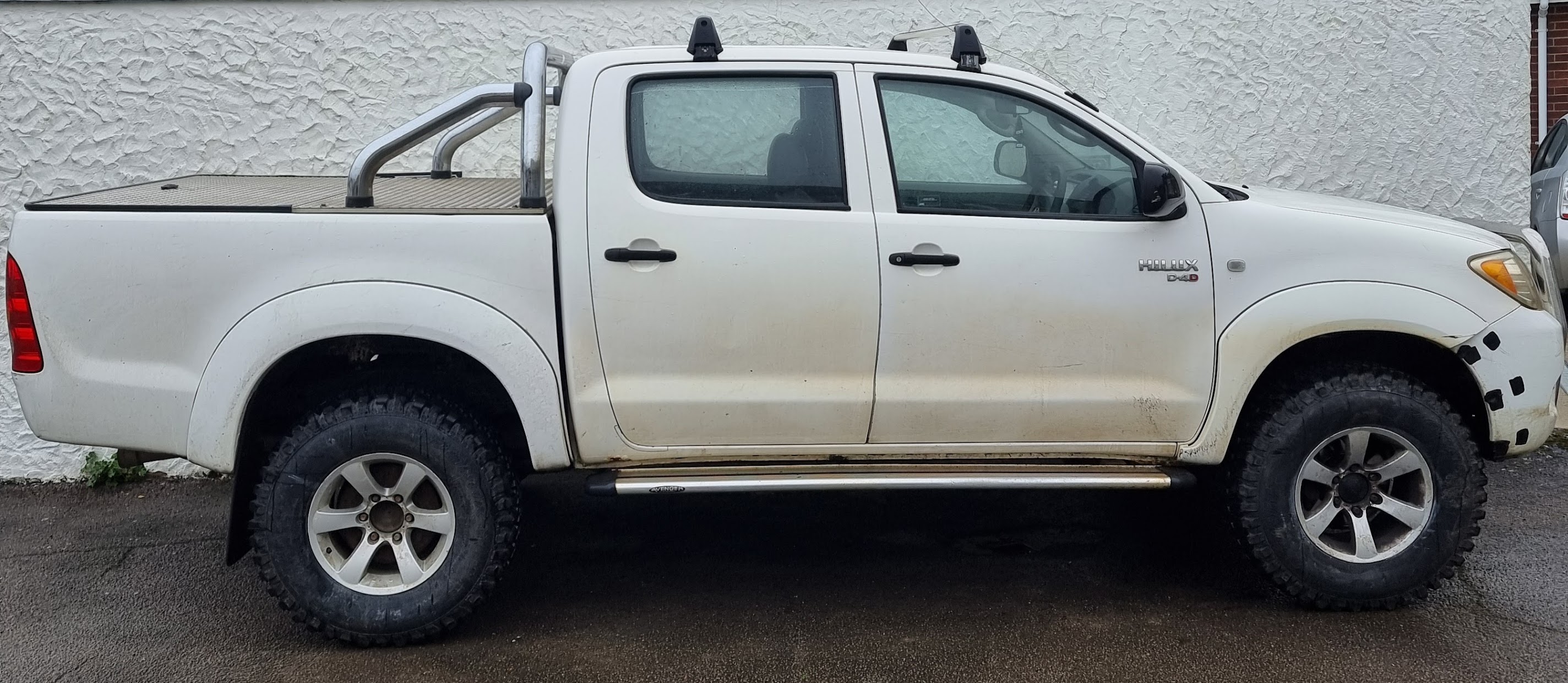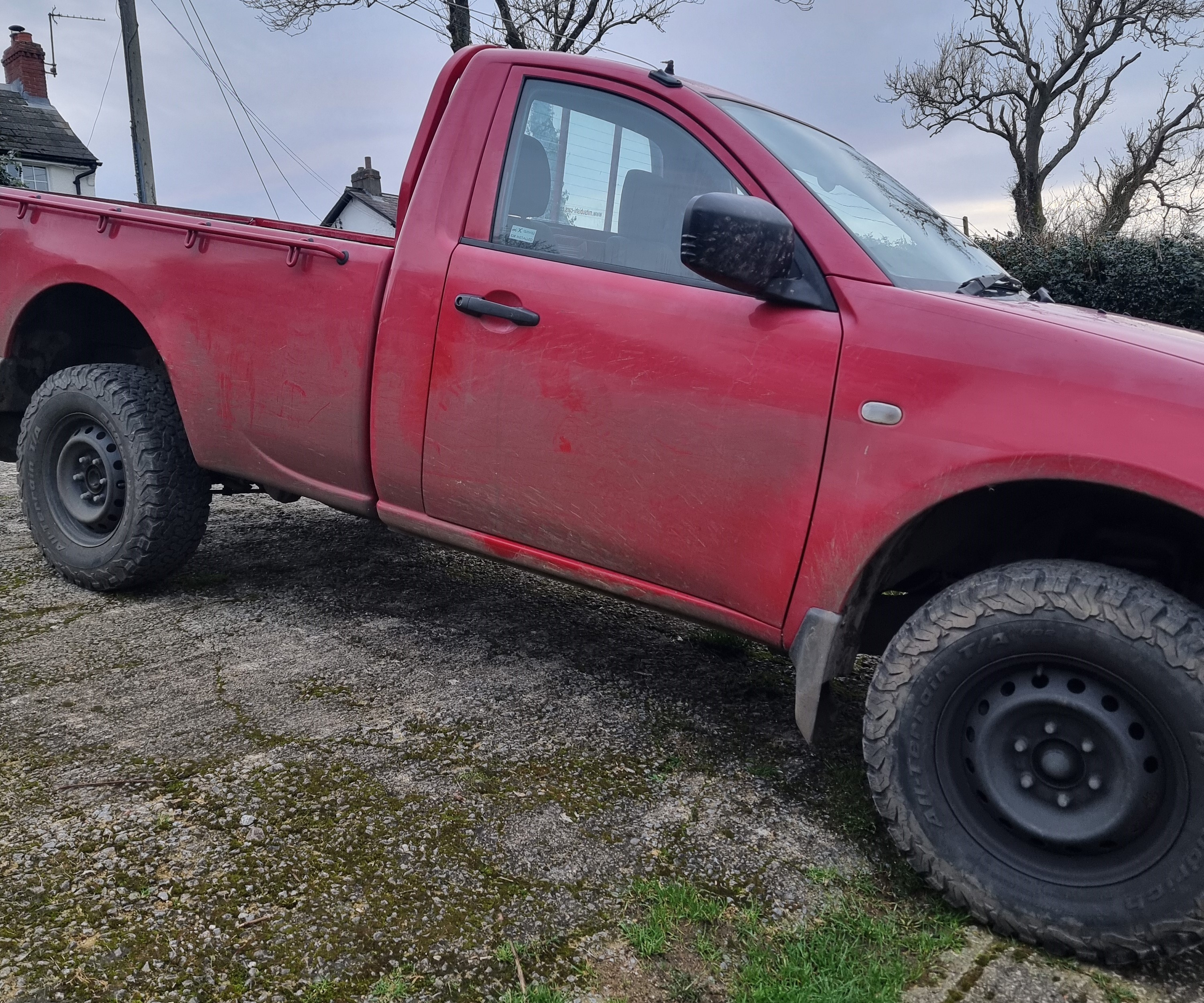HMRC has been forced to abandon a new policy proposal that would have seen van owners having to reassess and potentially reclassify double cab pick-up vehicles as ‘cars’ for employment benefit and capital allowance purposes.

What's all the fuss?
Historically, for the purposes of Benefits In Kind (BIK) and Capital allowances, HMRC have interpreted the meaning of 'car' in line with the definition used for VAT purposes.
- Broadly, this means that HMRC accept that vehicles such as 'double cab pick-ups' with a payload of 1,000kg or more, being primarily suited to the conveyance of goods, were goods vehicles and not cars.
In 2020, the Court of Appeal (CoA) considered the BIK status of VW Kombis and Vauxhall Vivaros which had been modified to include crew seating.
- These vehicles are visibly more 'transit' van than 'pick-up' (they do not have an open back).
- The CoA determined that these two specific vehicles were 'multi-purpose', with neither model being primarily suited to the conveyance of goods, as such they were cars for BIK purposes.
Two seats good, four seats bad?
It seems that at some stage over the last four years, someone at HMRC has extrapolated the CoA decision and extended that court's reasoning to the popular double cab pick-up.
The result was that HMRC announced a policy change last week. to the detriment of the double cab pick-up owner!
- HMRC’s new view meant that most, if not all, double cab pickups would be classified as cars for benefit charge and capital allowance purposes from 1 July 2024.
Geroff my land!
Over the weekend, following extensive lobbying by the farming and motor sectors, HMRC have reconsidered their stance. They conclude that the proposed change from July 2024 would impact businesses and individuals in a way that is not consistent with the government’s wider aims.
The policy U-turn means that:
- There will be no change to the treatment of double cab pick-ups from 1 July 2024.
- Double cab pick-ups with a payload of 1,000kg will continue to be treated as goods vehicles for capital allowances and BIKs purposes, as they are at present.
- Double cab pick-ups with a payload of less than 1,000kg will continue to be treated as cars.
The Court of Appeal's decision in Payne & Ors v HMRC [2020] EWCA Civ 889 (the Coca-Cola case) continued to apply to modified VW Kombis and Vauxhall Vivaros: they remain cars.
What now: New legislation afoot?
HMRC now state that they will change the law at the next available Finance Bill "to avoid tax outcomes that could inadvertently harm farmers, van drivers and the UK’s economy".
Why does classification as a ‘car’ or 'goods vehicle' matter?
For BIKs purposes, the method of calculating the taxable value of an employer-provided vehicle differs depending on whether the vehicle in question is a car or van.
- Company cars are taxed according to their list price and carbon dioxide emissions.
- Vans are taxed based on a flat rate benefit value, which typically gives a lower taxable value.
The rules surrounding private use also differ; no taxable benefit arises in respect of a van where there is insignificant private use.
For capital allowance purposes:
- Vehicles which are not cars will usually attract the 100% Annual Investment Allowance, or, if the vehicle is new and purchased by a company, 100% Full expensing capital allowances.
- With the exception of zero-emission vehicles, cars generally attract lower rates of allowances. See Cars & Vans & Wheelers: Allowances

Useful guides on this topic
Company cars
Company car tax. How do you work out car benefit? How do you work out car fuel benefit? Are there savings for low-emissions vehicles? How do you reduce car benefit? Cars and the tax tribunals and Top Tax Tips.
Vans and Commercial vehicles
What is the benefit in kind charge if you drive a company van? What is van fuel benefit? What is the tax on zero-emissions vans?
Pool cars
What is a pool car? How is it taxed? When does it become a benefit? What are the rules? Is it still worth having them?
Van Benefit Charges
A taxable benefit in the form of a Van Benefit Charge (VBC) arises when an employee is provided with a company van and it is used for personal journeys.
Car fuel benefit charges
What is the car fuel benefit charge? How do you apply it?
CO2 emissions: Ultra-low emission cars from 2019-20 onwards
CO2 emissions bands and percentages that apply to company cars from 2019-20 to 2027-28.
Cars & Vans: VAT
What is a car for VAT? What is a van for VAT? What VAT can be recovered on a car that is bought? Leased? What about fuel? Or mileage reimbursements?
Cars & Vans & Wheelers: Allowances
What capital allowances are available for vehicles? How does HMRC classify what is a car or what is a van?
External links
HMRC: Update on HMRC Double Cab Pick-Up Guidance

